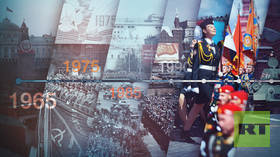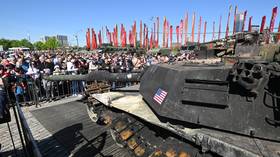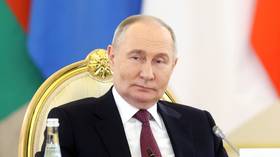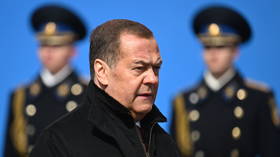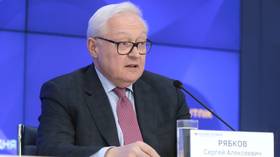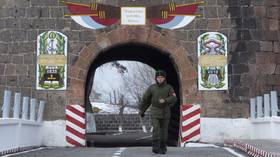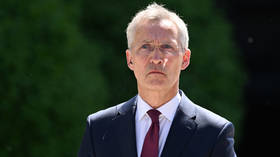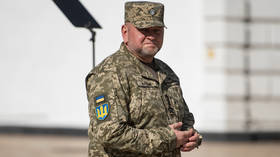Interview with Viktoria Panova

Victoria Panova, a political analyst from the Moscow State University of International Relations, gave Russia Today her view on the purpose of President Putin's visit to Austria.
Russia Today: Apart from trade and economic co-operation, what are other important issues that Russia would like to see discussed in Austria?
Victoria Panova: I'm quite sure that for Russia it's interesting to discuss issues of political importance like ballistic missiles deployment in the Czech Republic and Poland, or even an impasse in the crisis over the Conventional Arms Treaty that is now going on, and probably to discuss how it is possible to revive some European institutions that are now in crisis, OSCE for instance. These could be the issues to be discussed apart from economics. However, I should say that we shouldn't underestimate the importance of the economic issues in their own right. Russia's politics has been recently viewed by many countries through an ideological prism and there is a revival of the Cold War, if I can say so, in the view of some opposition figures. However, Russia is very pragmatic. It bases its politics on the development of economic ties with other countries. Politics without economics is nonsense, so if the countries have close economic relations it would be difficult for them to go into a political crisis.
RT: The issue of Human Rights in Russia has been a major irritant in Russia's relations with the European Union. Do you think that it might take centre-stage in Vienna?
V.P.: I personally think it would take one of the centre-stages in Vienna, because, first of all, these issues are always raised by our western partners and if these issues are discussed constructively, this will never lead to any impasse in the talks. Besides, it's not only the issue of Human Rights in Russia. What we need is a comprehensive and constructive dialogue on how to counter the recent rise of extremism and radicalism in Europe. Here I don't mean only the issue of Islamism that Europe is now facing but also neo-Nazism and far right extremism, which are also big problems for Europe including Austria, judging by the last elections in the country, and also for some new members of the European Union.
Earlier, Victoria Panovagave Russia Today her opinion on the results of Russia-OSCE summit in Brussels.
"The easiest way to summarise the results of the summit is to say that, as usual, it failed. Nevertheless, it is true. Over the years Russia and the West have been keeping different approaches towards the ways of mutually beneficial adaptation of arms treaty and towards the problem of withdrawing Russian bases from Moldova and Georgia, although Russia says it has already withdrawn most of its bases from Moldova and is withdrawing its bases from Georgia according to the previously planned schedule. So, the results of the session are as follows: as usual, it failed, and no common approaches to longstanding problems have been found,


